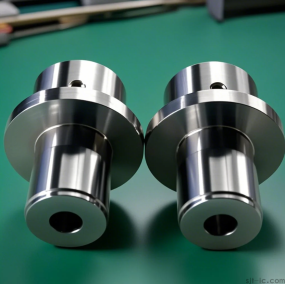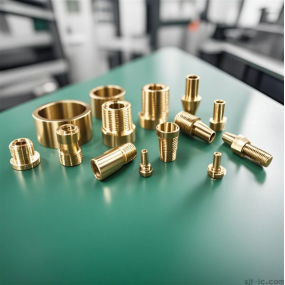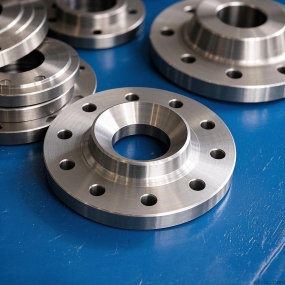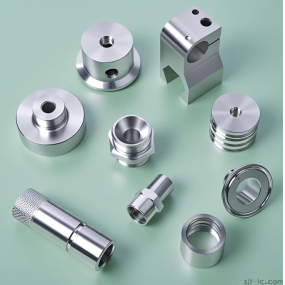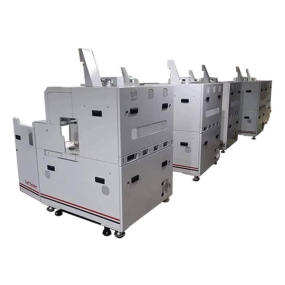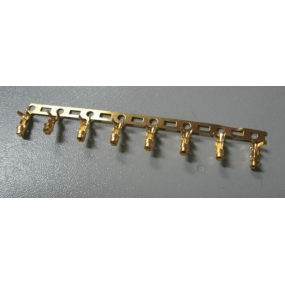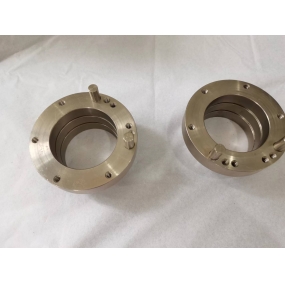As a professional CNC Machining service provider, EMAR specializes in delivering precision aluminum components for industries ranging from aerospace to automotive. This comprehensive guide explores the complete CNC aluminum parts processing workflow to help technical buyers and engineers understand critical manufacturing considerations.
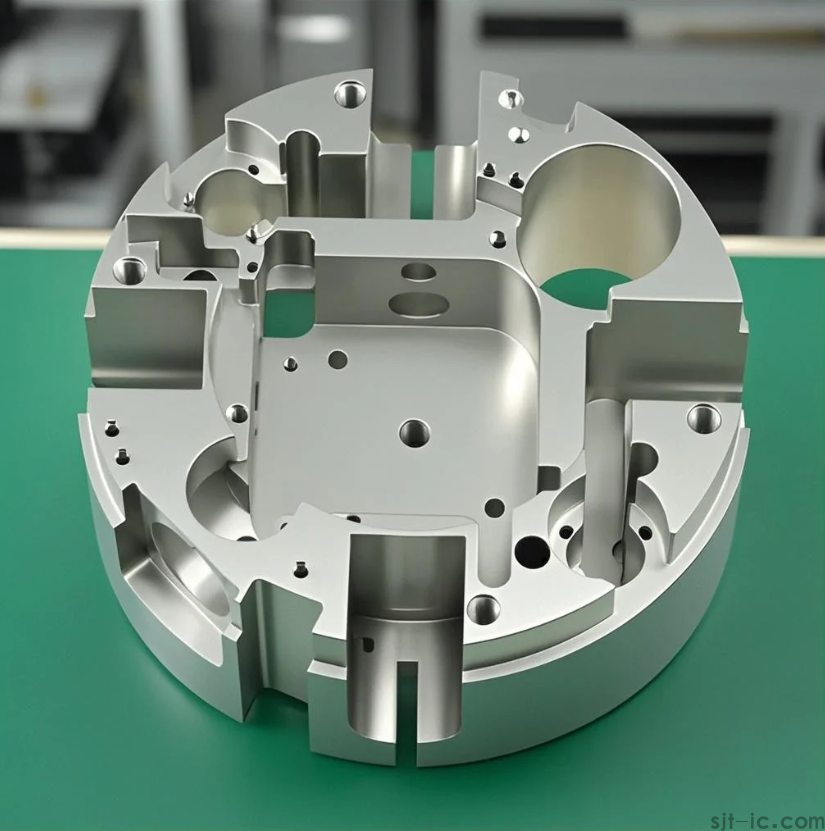
1. Material Selection for CNC Aluminum Machining
The process begins with choosing the right aluminum alloy. Common grades include 6061 (general purpose), 7075 (high strength), and 5052 (corrosion resistance). Our engineers at EMAR analyze your application requirements to recommend optimal materials that balance machinability, strength, and cost-effectiveness.
2. Precision CNC Programming Techniques
Our CNC machining experts use advanced CAM software to create optimized toolpaths. Key considerations include:
- Cutting speed optimization (typically 500-300 RPM for aluminum)
- Feed rate calibration (.05-.2mm/tooth)
- Coolant strategy selection (flood cooling vs. MQL)
3. Machining Process Breakdown
The core CNC aluminum parts processing stages include:
- Facing: Achieving perfect surface flatness
- Contouring: Creating complex 3D geometries
- Drilling/Tapping: Precision hole-making
- Threading: Creating accurate screw threads
4. Quality Control Protocols
EMAR implements rigorous inspection procedures using CMM machines, surface roughness testers, and optical comparators. We maintain ±.01mm tolerance standards for critical dimensions, with full documentation including material certifications and inspection reports.
5. Post-Processing Options
To enhance functionality and aesthetics, we offer:
- Anodizing (Type II/III)
- Powder coating
- Laser engraving
- Electroplating
With 15+ years of experience in CNC machining, EMAR delivers aluminum components that meet the strictest industry standards. Visit our website at https://www.sjt-ic.com/ to request a free project evaluation and DFM analysis today.


 Spanish
Spanish Arabic
Arabic French
French Portuguese
Portuguese Belarusian
Belarusian Japanese
Japanese Russian
Russian Malay
Malay Icelandic
Icelandic Bulgarian
Bulgarian Azerbaijani
Azerbaijani Estonian
Estonian Irish
Irish Polish
Polish Persian
Persian Boolean
Boolean Danish
Danish German
German Filipino
Filipino Finnish
Finnish Korean
Korean Dutch
Dutch Galician
Galician Catalan
Catalan Czech
Czech Croatian
Croatian Latin
Latin Latvian
Latvian Romanian
Romanian Maltese
Maltese Macedonian
Macedonian Norwegian
Norwegian Swedish
Swedish Serbian
Serbian Slovak
Slovak Slovenian
Slovenian Swahili
Swahili Thai
Thai Turkish
Turkish Welsh
Welsh Urdu
Urdu Ukrainian
Ukrainian Greek
Greek Hungarian
Hungarian Italian
Italian Yiddish
Yiddish Indonesian
Indonesian Vietnamese
Vietnamese Haitian Creole
Haitian Creole Spanish Basque
Spanish Basque

